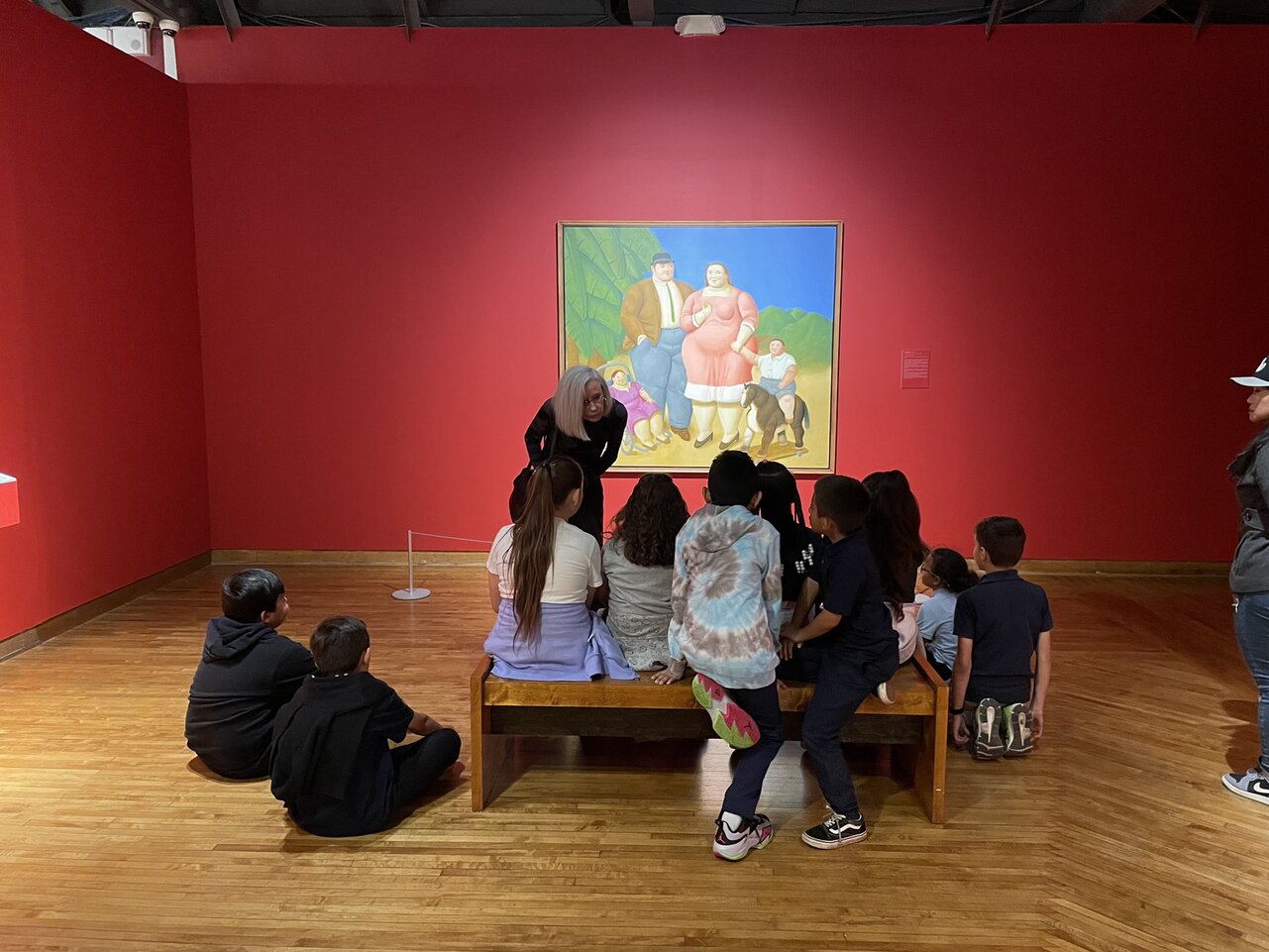
Hispanics access to healthcare is getting worse
Hispanics have poorer quality of care than non-Hispanic whites according to the National Healthcare Disparities report for 2007. According to the same report over half of the disparities measured for this survey in the Latin community are not improving. But the access Latinos have to healthcare measures is the worst overall with over 80% either unchanged or worse than the year before.
The inequities studied highlighted that for adults it is harder to get care for an illness or injury as soon as it is needed. The largest disparities in healthcare occur in the following areas; new cases of AIDS, prenatal care, hospital admission for lower limb amputations due to diabetes, and Latinos ability to communicate. These are just a few of the areas highlighted in the report mentioned where Latinos are at a greater disadvantage than their white counterparts in gaining access to timely and appropriate care.
If you are poor the issue is compounded. Poor adults are twice as likely not to get timely care as high income adults. Children are affected even more so with the proportion of children whose parents reported difficulties communicating with health care providers are more than three times as likely as high income children to have difficulty in getting care.
One of the greatest barriers is not being insured. Given the nature of the health care system in America, health insurance is a necessity. Some 29% (2007) of Hispanics are currently without insurance compared to 14% of non-Hispanic whites, 15% for non-Hispanic blacks, and 12% for Asians.
An example of the different standard of care given if you are insured is that of the standard treatment for diabetes. The National Healthcare Disparities Report 2007 noted that the number of Latino individuals who received all three of the recommended services for diabetes varied widely depending on insurance. Those who were publicly insured only 28.2% received all three services, of those with no insurance only 23.2% received all three services. This is compared to the privately insured where 48% received all three of the appropriate services. To which we might add this is an indicator that even having insurance is no guarantee that you will receive all the care you need. This brings us to the next point, the importance of being an informed consumer.
"Inform and empower Latinos to be better healthcare consumers"
This is one of the recommendations by the Latino Coalitions report on "Improving Latino Healthcare in America -2006". It emphasized the important role of the Latino media to include fact based reporting on health care issues and to encourage information seeking and utilization of health care services available. Over half of all American have difficulty in understanding and acting on heath information so it is a challenge for many not just Hispanics, according to "Health Literacy: A Prescription to End Confusion".
Improving your health care literacy, in other words learning how to navigate the system, understand instructions related to tests, treatments and medication, will greatly improve your chance of better healthcare. The same report noted that the more you are able to communicate with your physician the greater your ability to ask questions, gain the needed information and then follow through on treatment recommendations. These patients have higher levels of satisfaction when the communication is sufficient. Even if it means taking a translator with you when accessing healthcare it is a valuable resource to ensure you are getting better care. Not forgetting the importance of changing our lifestyles which after all is the measure that will have the greatest impact on our health.
Resources available for Uninsured
Federally funded programs such as S-CHIP offer coverage for children. Your local Latino Community Center is always a valuable resource for finding out about local clinics and programs that are available in your area. The State health departments also offer a variety of resources.
In Delaware www.delawareuninsured.org (only in English) is part of the DE Health and Social Services department is a program for the uninsured. It lists all the available links and resources.
In New Jersey the department of health provides insurance for low income and the uninsured. The web site is www.njfamilycare.org (Spanish) or call 1-800-701-0710.
In Pennsylvania the department of insurance provide Adult Basic an insurance program for the low income or uninsured http://www.ins.state.pa.us/ins follow the link to adult basic (Spanish).
The fact is, there are resources available but to find them some research is required. If communication is an issue find someone who can help you navigate the system. It is worth the effort to get the help you need. Don't forget even if you have insurance make sure you are getting the best care available. Ask questions if you don't understand some aspect of your health care. The more well informed we are the better our chances of improved healthcare.










DEJE UN COMENTARIO:
¡Únete a la discusión! Deja un comentario.